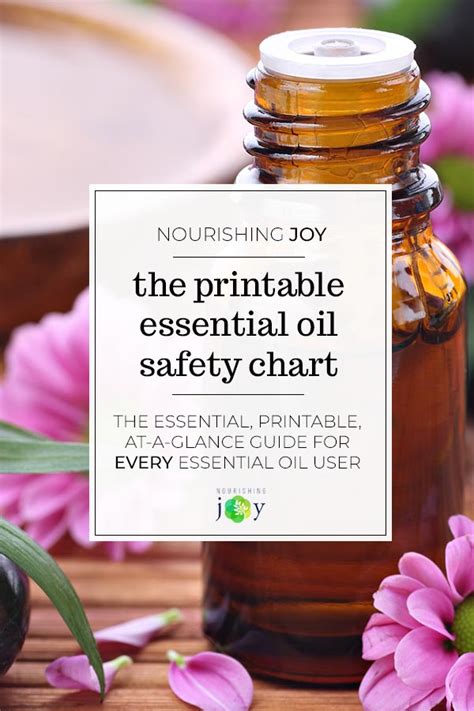Introduction

Essential oils are highly concentrated plant extracts that offer a wide range of therapeutic benefits. However, they are too potent to be applied directly to the skin, and must be diluted with a carrier oil before use. This article provides a comprehensive guide to carrier oils, including their uses, benefits, and how to choose the right one for your needs.
Chapter 1: Understanding Carrier Oils
1.1 What Are Carrier Oils?
Carrier oils are vegetable oils that act as a base for essential oils. They dilute the essential oil, making it safe for topical application. Carrier oils also help improve the absorption of essential oils into the skin.
1.2 Benefits of Using Carrier Oils
- Dilute essential oils for safe topical application
- Enhance absorption of essential oils
- Provide nourishment and hydration to the skin
- Some carrier oils have therapeutic properties of their own
Chapter 2: Types of Carrier Oils
2.1 Common Carrier Oils
| Carrier Oil | Benefits |
|---|---|
| Jojoba Oil | Non-comedogenic, mimics skin’s sebum, suitable for all skin types |
| Coconut Oil | Anti-inflammatory, antibacterial, moisturizing, solid at room temperature |
| Olive Oil | Rich in antioxidants, emollient, may clog pores |
| Sweet Almond Oil | Hypoallergenic, light, absorbs quickly |
| Avocado Oil | Rich in vitamins and minerals, deeply hydrating, suitable for dry skin |
2.2 Specialty Carrier Oils
| Carrier Oil | Special Properties |
|---|---|
| Argan Oil | Anti-aging, protects against UV damage, suitable for mature skin |
| Rosehip Oil | Rich in vitamin C, reduces scars and wrinkles, suitable for aging and damaged skin |
| Evening Primrose Oil | Anti-inflammatory, balances hormones, reduces wrinkles |
| Grapeseed Oil | Rich in antioxidants, light and non-greasy, suitable for oily skin |
| Tamanu Oil | Promotes wound healing, reduces inflammation, suitable for acne-prone skin |
Chapter 3: Choosing the Right Carrier Oil
3.1 Factors to Consider
- Skin Type: Different carrier oils have different properties that are suitable for specific skin types.
- Therapeutic Needs: Some carrier oils have therapeutic properties that can complement the essential oils you are using.
- Absorption Rate: The absorption rate of a carrier oil affects how quickly the essential oils penetrate the skin.
- Comedogenicity: Oils that are more likely to clog pores should be avoided for oily or acne-prone skin.
- Allergic Reactions: Test a small area of skin before using a new carrier oil, especially if you have sensitive skin.
Chapter 4: Using Carrier Oils Safely
4.1 Essential Oil Dilution Ratios
The dilution ratio of essential oils varies depending on the potency of the oil and the desired effect.
| Purpose | Dilution Ratio |
|---|---|
| Massage | 2-5% essential oil |
| Skin Care | 1-3% essential oil |
| Diffusing | 0.5-2% essential oil |
| Hot Bath | 5-10 drops essential oil |
4.2 Storage and Shelf Life
- Store carrier oils in a cool, dark place away from direct sunlight.
- Keep them in amber glass bottles or opaque containers to prevent oxidation.
- Most carrier oils have a shelf life of 1-2 years, but check the specific oil for details.
Chapter 5: Creative Applications of Carrier Oils
5.1 Beyond Aromatherapy
- DIY Skincare Products: Create custom skincare products by combining carrier oils with essential oils.
- Hair Care: Nourish and strengthen hair by adding carrier oils to your shampoo or conditioner.
- Cleaning Products: Make natural cleaning solutions by combining carrier oils with essential oils.
- Lubricants: Use carrier oils as a natural lubricant for massages or intimate encounters.
- Pain Relief: Apply a mixture of carrier oil and pain-relieving essential oils to sore muscles or joints.
Tips and Tricks
- Start with a low dilution ratio and gradually increase until you find the desired effect.
- Always dilute essential oils before applying them to the skin.
- Do not use essential oils internally unless they are specifically labeled for that purpose.
- Avoid using carrier oils that are rancid or have an off-odor.
- If you experience any skin irritation, discontinue use immediately.
Common Mistakes to Avoid
- Using undiluted essential oils on the skin
- Diluting essential oils with water
- Using carrier oils that are not suitable for your skin type
- Not storing carrier oils properly
- Overusing essential oils
Conclusion
Carrier oils are an essential part of using essential oils safely and effectively. By understanding their different properties and uses, you can choose the right carrier oil to complement your essential oil blends and achieve your desired therapeutic outcomes. Remember to always use carrier oils in combination with essential oils, and follow proper dilution ratios to avoid potential skin reactions.
